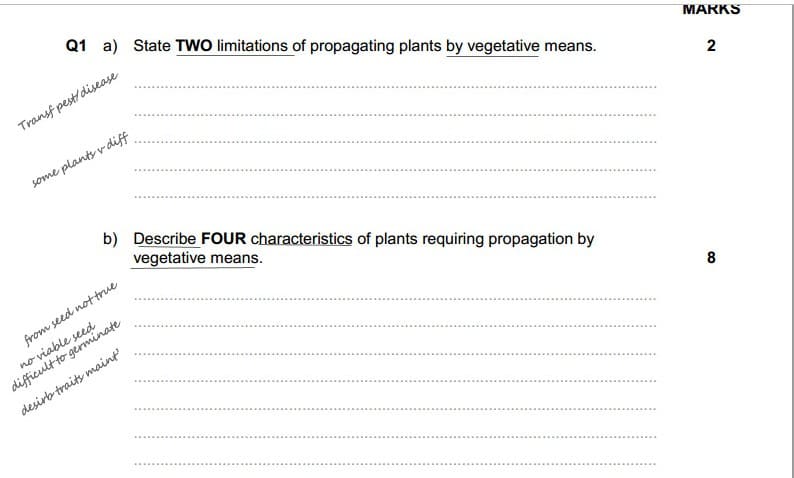
Planning and Timing Your Answers
*Updated for 2016*
Since we first posted this article, the RHS have extended the time allowed to complete each exam so time pressure has become much less of an issue for students. However, some of the tips below might still be useful in planning your time in the exam room and ensuring that you have plenty of time to spend on each question.
Timing for level 2 papers:
R2102/R2103/R2104 – 50 minutes each – 6 questions each – which gives you just over 8 minutes per question.
R2101/2111 – 80 minutes – 10 questions – 8 minutes per question
R2112/R2113/R2114 – 50 minutes each – 6 questions each – which gives you just over 8 minutes per question.
Timing for level 3 papers:
R3101/3102 – 100 minutes – 10 questions – 10 minutes per question
R3103/R3114 – 65 minutes each – 6 questions each – which gives you almost 11 minutes per question.
R3014 – 50 minutes – 4 minutes – 12.5 minutes per question
R3111/R3112/R3113 – 85 minutes each – 8 questions each – which gives you just over 10.5 minutes per question.
To tackle each question:
Spend the first minute reading through the question carefully – a common problem in an exam environment is that because we feel pressured we rush and don’t read each question properly. We can then end up answering the wrong question. To avoid this, reach the question slowly and underline keywords to ensure you have really taken on board what the question is asking you for (see example below). It is worth taking the time to read the question twice.

Use the next minute or so to quickly jot down your ideas on what the answer should include – you can do this in light pencil at the side of the exam sheet then erase it or put a neat line through it when you’ve finished (although some exam centres provide a piece of rough paper for this purpose). Jotting down your ideas in this way allows you to plan out your answer and also gives you a bit of ‘breathing space’ to collect your thoughts. It’s also a good way to jog your memory – how often have you found that writing down one point leads you to remember another important point too. Once you have planned out your answer you’ll have a few minutes left to write it up neatly and fill out each point more fully as you do so.
If you come to an answer that you’re not sure about, don’t spend a long time on it – instead take a minute to jot down your initial thoughts in pencil, then go onto the next question and come back to it at the end. You’ll be much better able to concentrate fully when you have the other answers already completed. And in the meantime, the question will have been simmering at the back of your mind.
Some people prefer to read through all of the questions then start by answering the ones they feel most confident about. There is no need to answer the questions in order.
If you’re still not sure at that point just do your best and write down what you can. Even if you don’t get completely the right answer you might add enough to earn one or two marks; for example, if you can only remember the common name of a plant or only half of its biological name, jot that down.
Use every minute of the exam and if you have time left, review your answers before handing in your exam paper.
Further Tips:
- The day before your exam: Doublecheck the venue and time of the exam to make sure that you have not confused the day/time/venue. Double-check travel details – times of public transport or, if driving, the location of car parks.
- Wake up early so that you don’t need to rush.
- Don’t skip breakfast; you’ll concentrate better if you eat something beforehand.
- Before leaving home, check that you have everything you will need – ID, pen, pencil, eraser, bottle of water, etc.
- Set off early, so you have plenty of time if you encounter unexpected delays.
- Remember to write your name on the exam paper. Many people forget to do so in their rush to get to the questions.
- Stay calm, you have done your revision and prepared as well as you can!
Good luck!

